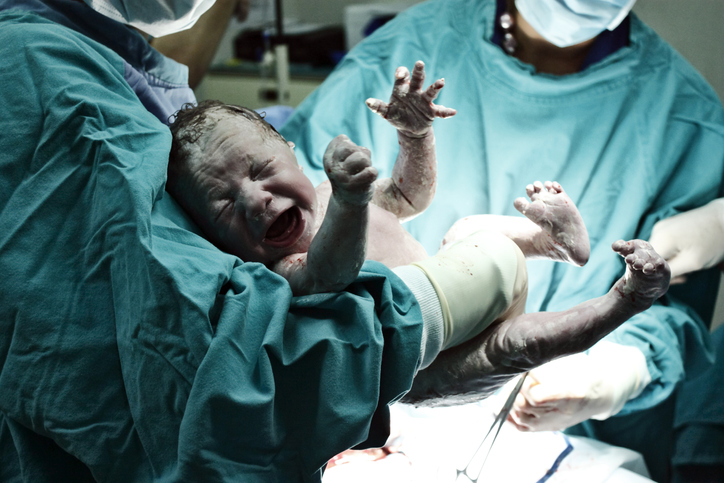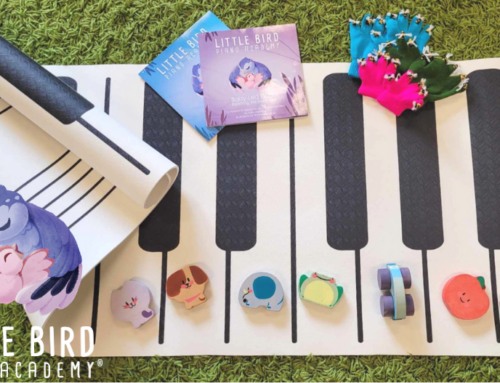ave you ever thought about the most wonderful things in life, and how they start out? Think about how your baby came into this world!
The greatest scientists have had thousands of “failed” experiments. The greatest artists have thrown away more paintings than you can imagine. And the greatest pianists have made the most mistakes.
Being free to make mistakes is a gift you can give your child, and you won’t regret it!
All my life I’ve heard the saying, “Practice makes perfect”. Then someone told me that wasn’t accurate – it was really “Perfect practice makes perfect.” As a little child, my brain interpreted things like this as, “if people see me make mistakes, they won’t like me – I better never make a mistake.” It might sound a little irrational, but who ever said little kids were rational? The problem is, these ideas get stuck in our brains and it’s hard to change them, even when you get older.

Producing high quality work is important, and we all hope our kids will learn to value quality in their own performance – whether it’s music, school work, friendships, or their future careers. But for most people, especially little children, the fear of not being perfect can cause a lot of anxiety, and actually make learning harder than it needs to be.
Performance anxiety is a real thing, and can accidentally be instilled in our kids from early on. So WHILE we’re teaching our babies music, it’s so important that we understand HOW to teach them.
Kids are wired to learn from their favorite grown-ups, and they don’t have filters.
They interpret things in ways that we may not be aware of.
Here’s what I mean. A parent might say something seemingly harmless like, “If you’re going to do something, you should do it correctly.” A child’s interpretation might be something like, “If I don’t do this correctly the first time, my dad won’t like me.” Of course that isn’t true in the parent’s mind, but the child doesn’t have words to even explain the way that feels to them, and no one ever gets the chance to clarify.
You don’t even have to say it that overtly. It can be something like, “m”. You know that sound parents make when their child makes a mistake? Kids know right away that they have been found lacking, and their brain might go directly into fight or flight mode. In this state there is no room for learning new things.
Here’s what I recommend doing instead:
Check your own expectations. Are you worried that if your child makes a mistake they’ll never learn to play correctly? Are you worried that your child won’t care if they play well or not? Are you secretly hoping your friends will be amazed if your child turns out to be a little prodigy?
If any of those things are true, or a myriad of other worries you might have, it’s a good idea to kindly acknowledge them to yourself. I invite you to be kind to yourself as you do this, because your brain may have the same response to correction that a little child’s does.
I want to offer you the idea that mistakes are a normal, necessary part of learning. Everything that’s valuable starts out messy.
When you can give space for yourself and your child to make mistakes – in piano playing and in life – there will be more room for experimentation, and more room for learning. And you’ll both feel more free to keep trying. And life will be more enjoyable.
Trust that your child wants to do well, and that over time, with lots and lots of practice, they will improve. Lots and lots of practice is more likely to happen when it feels safe – when there’s less worry about mistakes, and there’s more fun, laughter, hugs, and kindness.

Music education
If you’ve been wanting to give your child the gift of music, but you’re not sure how to do it in a fun, easy way, you’re in the right place. Baby-Led Piano™ will give you fun little songs, musical instruction that’s simple and doable, and parenting tips along the way so that you can gift you and your baby with the language of music, and a lifetime of happy memories together!







